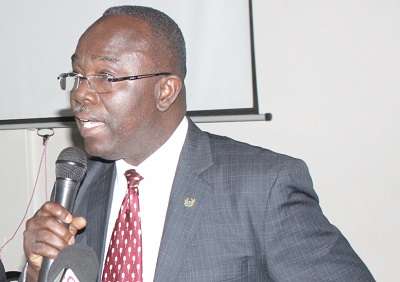In a democracy, the principle of political neutrality is paramount, emphasizing that public servants, bureaucrats, and institutions must remain impartial and unbiased. This foundational tenet ensures fair governance, allowing civil servants to execute their duties without undue influence from political affiliations. The preservation of political neutrality safeguards the integrity of democratic processes, fostering trust among citizens and upholding the notion that public servants serve the collective interest, regardless of individual political beliefs.
The principle of neutrality has deep historical roots, evolving across various contexts. In international relations, the concept emerged in the mid-19th century, promoting non-participation in conflicts. Within governance, neutrality gained prominence as a cornerstone of civil service ethics, ensuring impartiality. Over time, neutrality has become a foundational principle in democracies, guiding public servants and institutions to operate independently, free from undue political influence. This historical trajectory underscores its enduring importance in upholding fairness, trust, and the integrity of diverse systems.
In a recent statement, Professor Ransford Gyampo, a distinguished academic at the University of Ghana, highlighted the critical importance of maintaining political neutrality among civil servants. The professor emphasized that political impartiality is not only crucial but is also indispensable for ensuring the efficient delivery of public services.
Professor Gyampo underscored the idea that the political neutrality of civil servants is essential to the success of their work. In a democratic society, civil servants serve as the backbone of administrative functions, managing various sectors to ensure the smooth functioning of government operations.
The professor’s call for political impartiality aligns with the fundamental principles of democracy, emphasizing that civil servants should remain unbiased to guarantee fair and transparent governance.
“Political neutrality of civil servants is important to ensure that they deliver.”
Professor Ransford Gyampo

Expressing concern about educators who openly declare their political affiliations, Professor Gyampo drew attention to the potential consequences of such actions, particularly in the context of academic environments. Lecturers, he argued, should create an atmosphere where students feel comfortable seeking guidance and assistance, irrespective of their own political beliefs. Openly partisan stances may hinder this process, raising concerns about the accessibility and impartiality of educational support.
Furthermore, Professor Gyampo expressed support for legal actions taken by individuals like Member of Parliament Rockson Nelson Dafeamekpor against civil servants participating in political activities while still holding office. Mr. Dafeamekpor’s legal action against Controller and Accountant-General Kwasi Kwaning-Bosompem, who contested in the New Patriotic Party’s parliamentary primaries while in office, reflects a broader concern about the potential conflict of interest when civil servants engage in political activities.
The legal suit contends that a civil servant, such as the Controller and Accountant-General, should not overtly participate in political party activities while remaining a member of the Civil Service or Local Government Service. Mr. Dafeamekpor seeks a declaration that Mr. Kwaning-Bosompem, as a civil servant, cannot contest in political party primaries without resigning from his position.

This legal challenge opens the door to a crucial discussion on the principles that should guide civil servants when it comes to participating in partisan politics. The claims being sought by Mr. Dafeamekpor include declarations about the civil servant’s eligibility to contest in party primaries and an injunction restraining him from holding both roles simultaneously.
The issue raises broader questions about the relationship between political participation and civil service responsibilities. Professor Gyampo suggested that allowing the court to decide on these matters will provide clarity and potentially set a precedent for similar cases in the future.
The principle of political neutrality within civil service is a cornerstone of effective governance. As Ghana approaches an election year, the call to maintain professionalism and impartiality becomes increasingly important.
Upholding these principles ensures that civil servants remain dedicated to their primary mission – serving the public interest without any bias or undue influence. The outcome of legal actions, such as the one initiated by Mr. Dafeamekpor, may serve as a defining moment in shaping the standards for political neutrality within the civil service.
READ ALSO: Global Info Analytics Tips Mahama To Win 2024 Elections




















